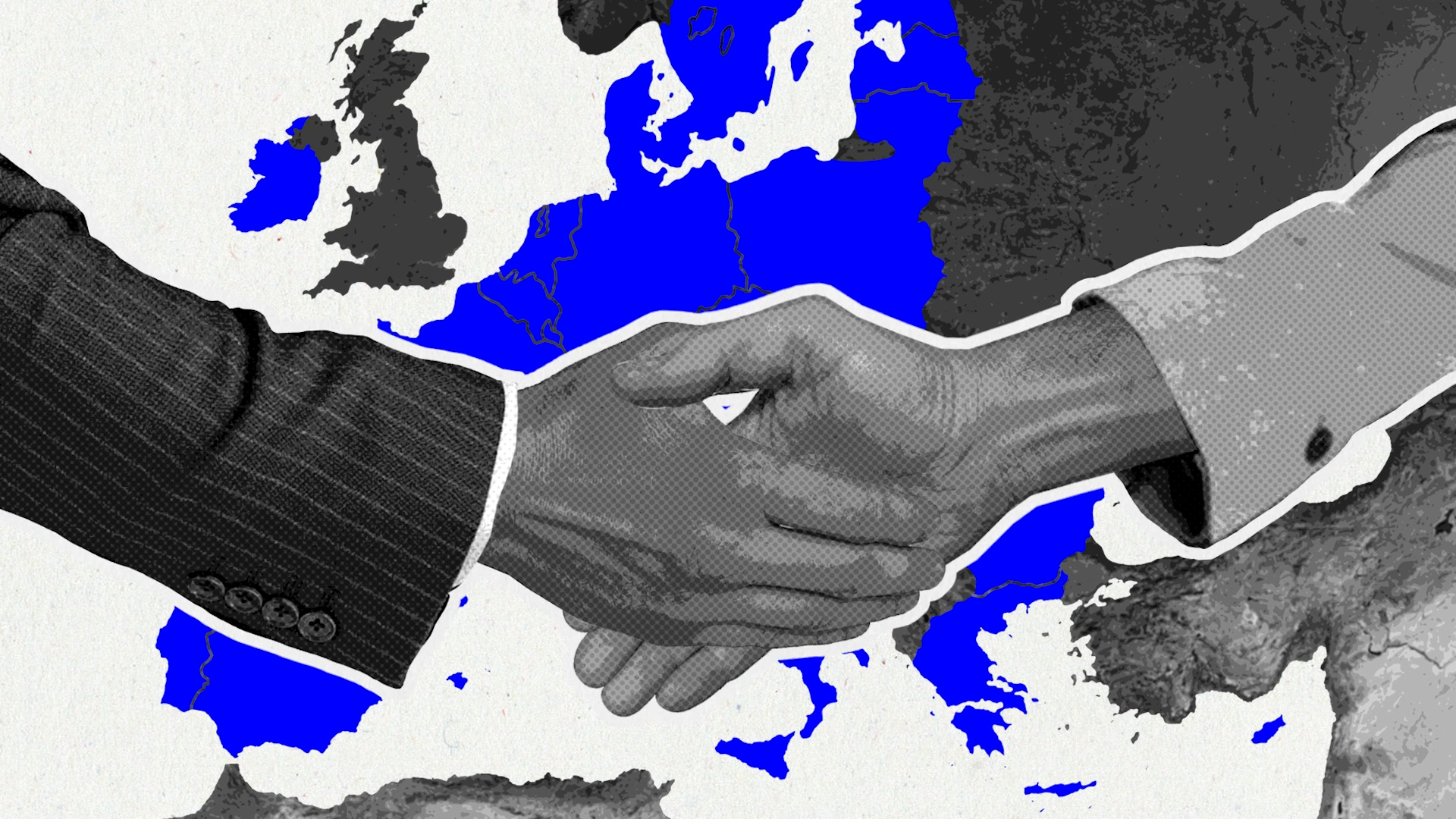
Swiss government warns some EU agreements could be rejected by parliament or electorate

The European Commission sees the agreements with Switzerland as a single package, but the chief negotiator believes some parts can be left out.
+ Get the most important news from Switzerland in your inbox
Last week, Switzerland’s government revealed plans to present the agreements negotiated with the European Commission in 2024 to parliament. These will be split into four resolutions: one aimed at stabilising bilateral relations and three focused on advancing food safety, electricity and health.
The Federal Council, Switzerland’s executive body, believes that one or more agreements could be rejected by parliament or the electorate, meaning they wouldn’t come into effect. However, this scenario is only possible if the agreement to stabilise relations is put in place first.
+ The Swiss-EU bilateral treaty updates, explained
When asked by the Keystone-SDA news agency if the European Commission agrees with the Federal Council’s view, a spokesperson said on Tuesday: “All agreements and protocols were negotiated as a package and concluded as such in December 2024.” These agreements and protocols will come into force once ratified by both sides.
The EU Commission pointed to the joint understanding reached with the Federal Council, which formed the basis for the negotiations.

More
The rocky relationship between Switzerland and the European Union
EU chief negotiator shares the view of the Federal Council
In February, the European Commission’s chief negotiator, Richard Szostak, aligned with the Federal Council’s stance. He presented the negotiated agreements to a European Parliament committee at that time.
+ The Swiss are deeply divided over relations with the EU
Szostak said that for the new agreements to take effect, the stabilisation package must first become legally binding. Without this stabilisation element, no new agreement could come into force. This follows the logic of the package.
The EU’s key demands, like the free movement of people and the cohesion contribution, were included in the stabilisation package. Szostak noted that, unlike Switzerland, the EU’s ratification process bundled all eleven agreements into a single package.
Translated from German with DeepL/sp
How we work
We select the most relevant news for an international audience and use automatic translation tools such as DeepL to translate them into English. A journalist then briefly reviews the translation for clarity and accuracy before publication. Providing you with automatically translated news gives us the time to write more in-depth articles. The news stories we select have been written and carefully fact-checked by an external editorial team from news agencies such as Bloomberg or Keystone.
Did you find this explanation helpful? Please fill out the short survey below to help us understand your needs.

In compliance with the JTI standards
More: SWI swissinfo.ch certified by the Journalism Trust Initiative




























You can find an overview of ongoing debates with our journalists here . Please join us!
If you want to start a conversation about a topic raised in this article or want to report factual errors, email us at english@swissinfo.ch.